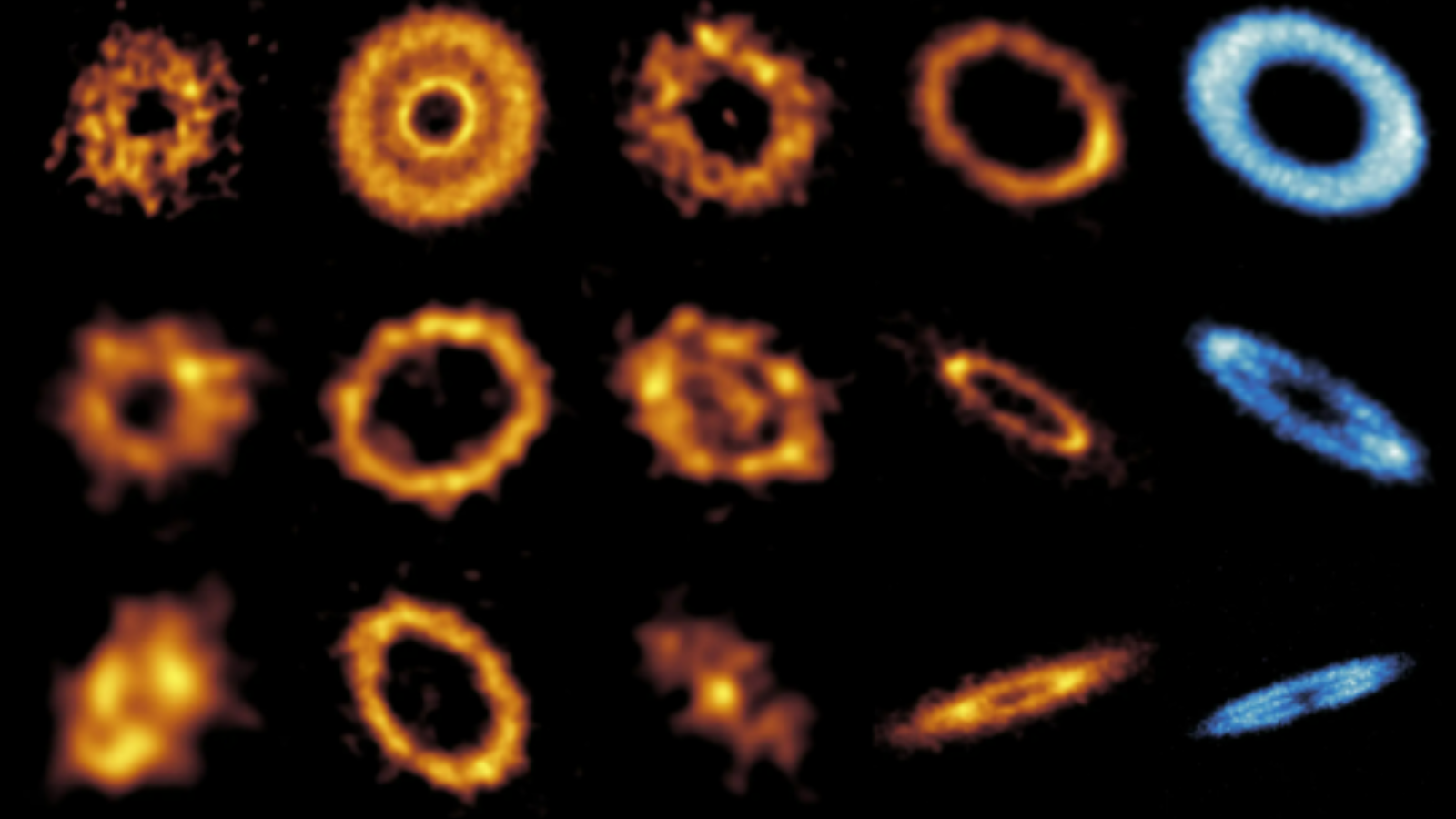Earth
Latest about Earth
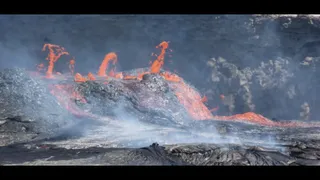
A newly forming ocean may split Africa apart, scientists say
By Sharmila Kuthunur published
A plume of molten rock deep beneath eastern Africa is pulsing upward in rhythmic surges, slowly splitting the continent and potentially marking the birth of a new ocean, a new study reports.
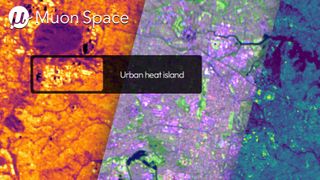
New satellite constellation will scan the entire Earth every 20 minutes to find wildfires
By Kenna Hughes-Castleberry published
Muon Space released the first images from its new wildfire detection satellite, FireSat.
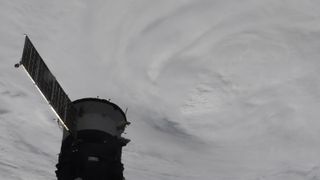
How do hurricanes and tropical storms get their names?
By Tom Brown published
The World Meteorological Organization maintains a list of 21 hurricane names for each year. In especially busy years, a supplemental list is used.

More than 1,800 National Science Foundation workers abruptly kicked out of agency headquarters
By Joanna Thompson published
National Science Foundation employees were told they'll be removed from the agency's headquarters on Tuesday (June 24) with no direction yet for where to go.
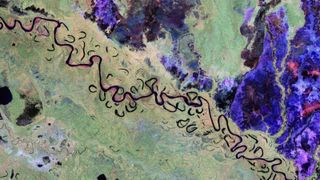
'Nothing short of spectacular': ESA's Biomass satellite releases 1st views of Earth from orbit (photos)
By Daisy Dobrijevic published
New images from ESA's Biomass satellite reveal forests, volcanoes, deserts and glaciers in striking detail, hinting at what's still to come.

Satellite streaks block out the Arctic sky | Space photo of the day for June 20, 2025
By Kenna Hughes-Castleberry published
Researchers created a satellite tracking system to track satellite streaks across the Arctic for the first time ever.
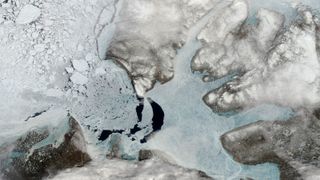
NASA satellite sees sea ice crack apart in Canada | Space photo of the day for June 18, 2025
By Kenna Hughes-Castleberry published
NASA's Terra satellite captured huge chunks of sea ice breaking apart in Canada's Amundsen Gulf.
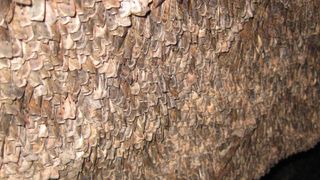
This Australian moth may be the 1st insect ever discovered to use stars for long-distance navigation
By Kenna Hughes-Castleberry published
"We know that daytime migratory insects use the sun, so testing the starry sky seemed an obvious thing to try."
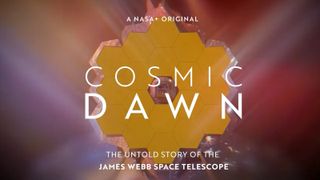
Go inside the development of NASA's $10 billion James Webb Space Telescope with new 'Cosmic Dawn' documentary
By Kenna Hughes-Castleberry published
The film shows never-before-seen footage taken by the JWST film crew as the telescope was being assembled.
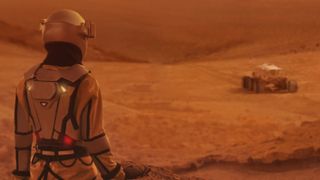
Mars settlement and more: Global space leaders will tackle big ideas next week at ISDC 2025
By Samantha Mathewson published
Space visionaries, scientists, entrepreneurs and students from around the world are set to gather in Florida next week for this year's International Space Development Conference.
Breaking space news, the latest updates on rocket launches, skywatching events and more!
